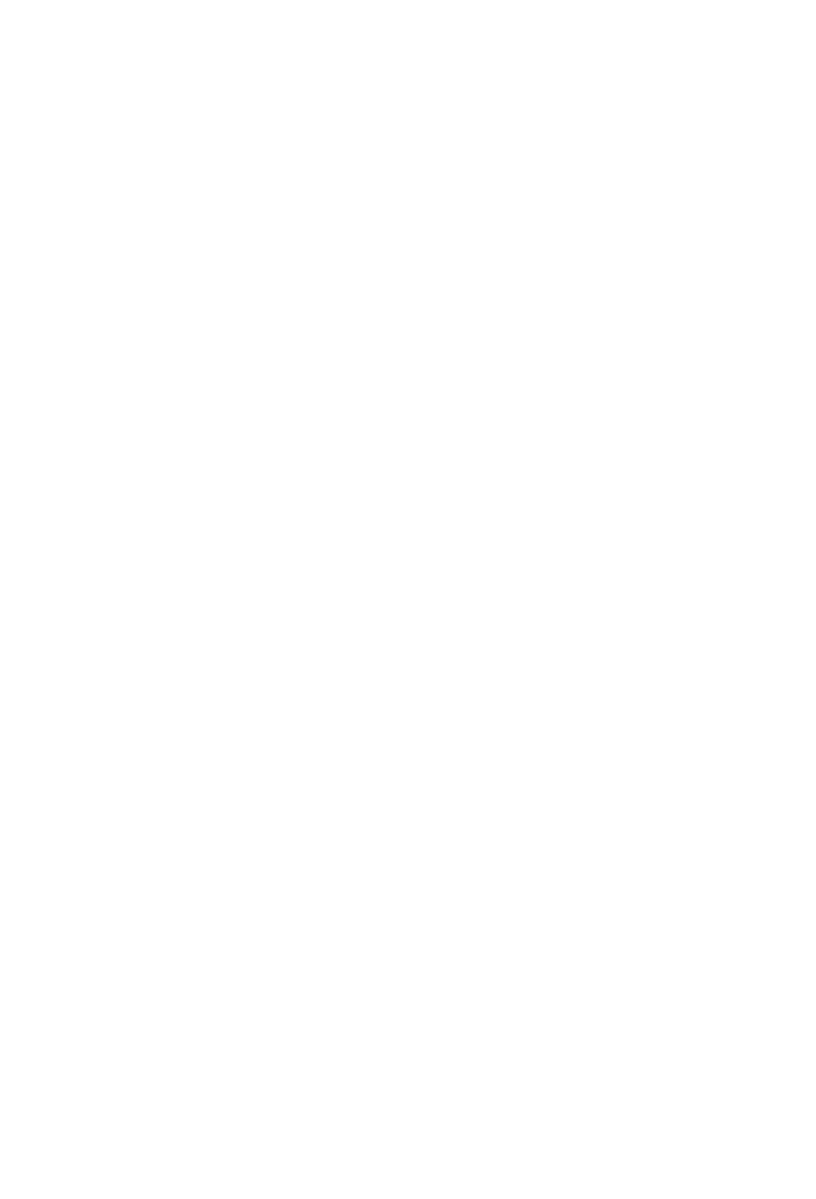

takings infringe the competition rules jointly, they shall be jointly and
severally liable for the entire harm they cause due to the infringement.
Through the Proposal for Directive, an undertaking which has
been granted immunity from fines by a competition authority under a
leniency program shall be liable to injured parties, other than its direct
or indirect purchasers or providers, only when such injured parties are
unable to obtain full compensation from the other undertakings
involved in the same infringement of competition law.
Quantification of Harm
The proposed Directive provides assistance to victims of infringe-
ment in quantifying the harm caused by the competition law infringe-
ment. The national courts are empowered to determine and estimate
the amount of harm.
Also, the infringers are entitled with a right to rebut the presump-
tion with regards to the existence of harm resulting from a cartel.
Therefore, from now on the infringing undertaking can rebut this pre-
sumption and prove that the cartel has not caused harm.
Passing-on of Overcharges and Passing-on Defense
Direct purchasers (first purchasers) who are exposed to over-
charges resulting from the infringement of competition law may pass-
on these overcharges to their purchasers instead of suffering.
Therefore, direct purchasers pass-on, in whole or in part, the over-
charge resulting from the infringement to indirect purchasers at the
next level of the supply chain (such as a retailer or consumer).
As a result of such passing-on of overcharges, the defendant
(infringing undertaking) may claim that the claimant (direct purchas-
er) has not suffered any harm since he passes-on overcharges to his
purchasers. Therefore, the Proposal for Directive codifies a defense
under Article 12 whereby the infringing undertaking can invoke a
defense against a claim for damages that the claimant has passed on the
whole or part of the overcharge resulting from the infringement. The
burden of proving the passing-on always lies with the infringing under-
taking.
COMPETITION LAW
229
















